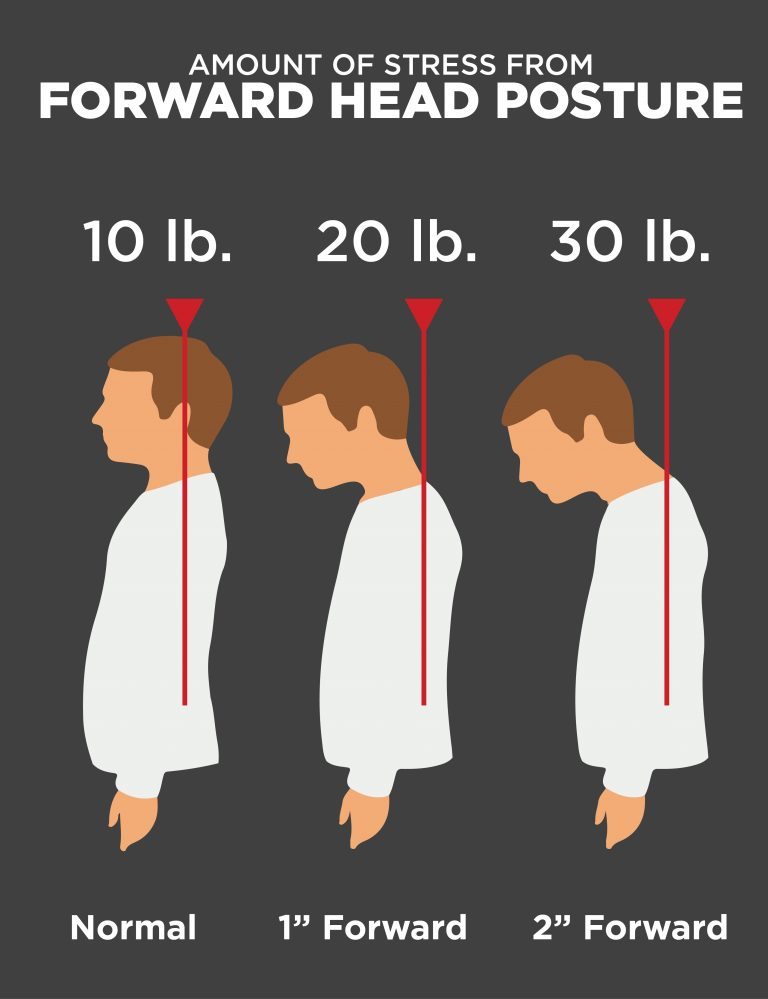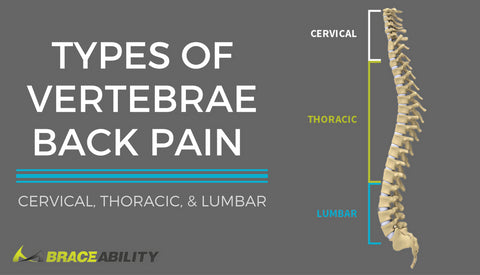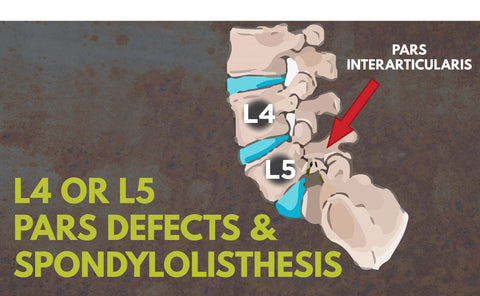The Dangers of Text Neck: How your Smartphone (& Pokemon GO) is Hurting your Spine
It’s probably no surprise that smartphone use has increased dramatically in the last few years but you might not realize what this increase of such devices could be doing to your spine and neck. On average, individuals spend around 3-6 hours on electronic devices including smartphones, tablets, laptops, and TVs. Everywhere you go, most individuals (usually between the ages of 18-44) are carrying around their phones at all times whether they’re texting, emailing, checking social media accounts such as Twitter, Facebook, Instagram, or Snapchat, playing games, or talking on the phone.
 This obsession of constantly checking and looking at your phone not only causes you to disconnect from the world around you but also causes extra weight and stress to be placed on your neck and back. You might be unaware of how much extra weight this actually is. On average, your skull weighs around 10-12lbs, for every inch your head tilts forward, you add an additional 10lbs of stress to your neck, shoulders, back, and spine. For example, say your head is forward two inches; this is equivalent to walking around with a 30lb child on your shoulders. Now, what might this extra weight and stress be called? This epidemic is referred as “text neck.” This condition is defined, as the pain and discomfort caused by looking down are your electronic devices for a long period of time. Text neck results in a more commonly known health condition known as forward head posture. Forward head posture is a posture stance in which your head moves forward away from your shoulders.
This obsession of constantly checking and looking at your phone not only causes you to disconnect from the world around you but also causes extra weight and stress to be placed on your neck and back. You might be unaware of how much extra weight this actually is. On average, your skull weighs around 10-12lbs, for every inch your head tilts forward, you add an additional 10lbs of stress to your neck, shoulders, back, and spine. For example, say your head is forward two inches; this is equivalent to walking around with a 30lb child on your shoulders. Now, what might this extra weight and stress be called? This epidemic is referred as “text neck.” This condition is defined, as the pain and discomfort caused by looking down are your electronic devices for a long period of time. Text neck results in a more commonly known health condition known as forward head posture. Forward head posture is a posture stance in which your head moves forward away from your shoulders.
How Do I Know If I Have Text Neck or Forward Head Posture?
Do you think you may be suffering from text neck? The most obvious signs you are experiencing symptoms of text neck are soreness in your neck, back, and shoulders. Other common symptoms may include:- Upper back pain
- Shoulder tightness and pain
- Muscle spasms
- Chronic headaches
- Abnormal curves in your spine
How Can I Reduce Pain Caused From Text Neck?
Fortunately, this condition is easily prevented! It can be as simple as reducing the amount of time you spend on such devices. In addition, there are other ways to help treat and say goodbye to text neck:- Hold your electronic devices at eye level as much as you can! Especially for those sitting at a computer desk all day, it’s vital to align your monitor to your eye level. This will reduce your head from tilting forward, eliminating the extra weight that is put on your spine and back.
- Take periodic breaks from electronic devices throughout the day. As hard as it may be, put down your iPhone or Samsung Galaxy and go for a walk! It will be there when you get back, I promise. This will also help give your eyes a break from staring at the computer screen or phone screen, which can reduce headaches and migraines.
- Sit up straight! There are numerous benefits of having good posture including relieving chronic neck and back pain, reducing migraines, giving you more energy, and helps give you more confidence. Correcting your posture while using your smartphone or tablet will help give you these benefits as well as reduces the stress and tension being placed on your body.
- Wear a posture brace. Wearing a posture corrector can help train your muscles to stand up straight with your shoulders back. By wearing this posture brace for only 30 minutes a day, you can help your back, neck, and shoulders from the stress and tension that may arise. Similar to text neck, those working a sedentary job are vulnerable to the many negative health effects of hunching over their computer and desk all day. It’s important to sit in the proper and correct sitting position with your eyes level to your monitor, feet flat on the ground, elbows bent, and your body aligned. This correct posture, in turn, will help prevent back pain, cardiovascular issues, depression and stress, headaches, and tense muscles.
What Injuries Can Result from Text Neck Overtime?
If left untreated, text neck can result in numerous different health conditions late on in life including:- Herniated discs
- Degeneration of your spine
- Spinal arthritis
- Flattening of your spinal curve
- Nerve damage (pinched)
- Decrease of oxygen intake
- Insomnia or sleep apnea
Can Pokémon GO Result in Text Neck? How Can I Play It Safely?
Gotta catch ‘em all? As most of you know, Pokémon GO has become one of the top downloaded apps and most prominent games for this summer. Pokémon GO continues to surprise us with its growing popularity! This is a virtual reality game in which users catch, train Pokémon, and battle other players, based on their current location. There has been a lot of talk on how Pokémon GO can result in players not looking up while playing the game, leading them to run into surrounding objects, which could possibly injure them. Users have also been playing this game while riding bikes, driving, and other activities, which may cause a distraction. In addition to this risk, Pokémon GO can result in text neck. Players find themselves constantly staring down at their screen while playing the game. As mentioned previously, this forward head posture has many negative health effects on your back and spine. Wondering how to play this game safely? Use these tips below to help prevent text neck:
Wondering how to play this game safely? Use these tips below to help prevent text neck:
- Hold your phone at eye level while playing the game (example to the right of perfect Pokémon GO posture). If you are walking around outside, this is also safer because you will have the peripheral vision of your surroundings so you can keep a lookout for nearby cars, bicyclists, and other people.
- Make sure to avoid holding your phone down by your hips while walking to reduce the chance of running into things and straining your neck
- Take breaks! Every time you catch a Pokémon, reward your neck by taking a break to stretch (unless all you caught was a 10 CP Weedle or Pidgey). I’m kidding! Seriously though, look up and enjoy the scenery around you, and your neck will thank you for it later.










